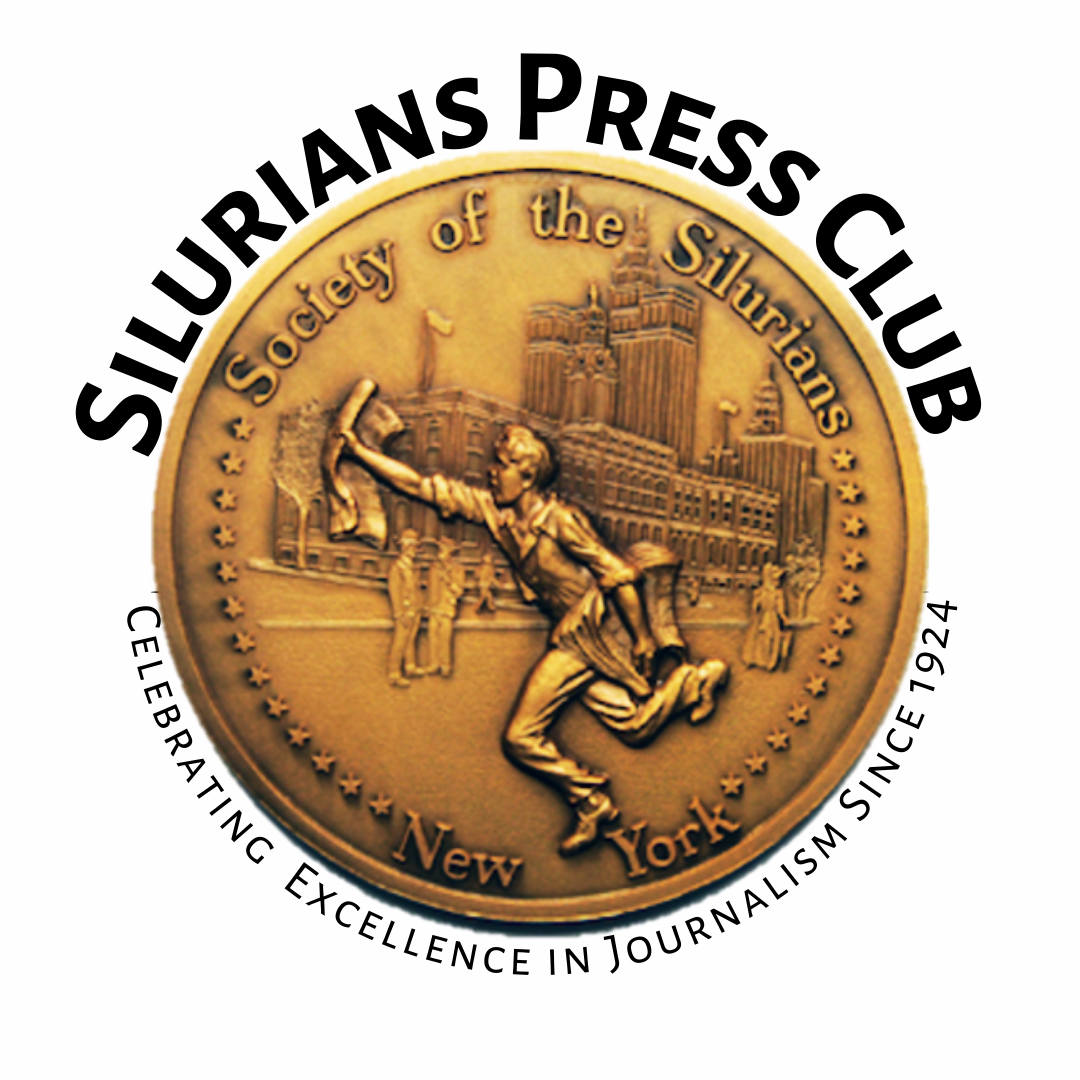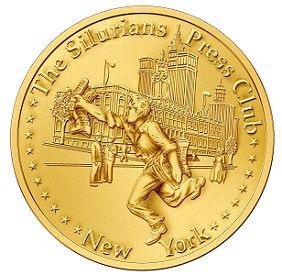
Maggie Haberman
Maggie Haberman on the Challenges of Calling the 2024 Election
By David A. Andelman
On October 16, Maggie Haberman really didn’t know who was going to win the election on November 5. That’s just a bit frightening, and at the same time a bit energizing. Because if she doesn’t know, who would?
There was one particular takeaway from the remarkable Silurian luncheon where The New York Times leading Trumpwatcher sat down with veteran Silurian and Times reporter, columnist, and foreign correspondent Clyde Haberman (that’s right, her dad). With 19 days to go, “both sides think Trump would win”….or maybe not:
“I have no idea who is going to win. I think if the race was today based on anecdotal evidence and talking to both campaigns, both teams think Trump would win. But there are 19 days left and I just don't know.”
What especially resonated was Haberman’s comments about how Trump might treat America’s allies the next time around. “If Trump comes back into office, specifically what that means for the NATO alliance is the big question.
“There are the related questions of what does it mean in Asia policy, Trump and Putin, which relates to Ukraine. It's not at all clear what it means. Because Trump has been very vague other than insisting, and he said that when he was in office, that he may not honor Article 5 of NATO, which requires defending allies, if people don't pay their full commitments.”
Haberman has a long history with Donald Trump, back to her earliest days in the 1990s at New York’s tabloids before she landed at The Times and when Trump was just a boulevardier around town.
As to why this time the race appears so very much up in the air, Haberman observed, “Pollsters have had trouble accounting for the MAGA vote. And I think pollsters have had trouble accounting for the woman vote. I don't know which one ends up being wrong, or both are right. But there is an argument to be made that the polling this time may have corrected or even possibly over- corrected for the Trump vote and we're not going to know until after election day.”
As for covering Donald Trump, “he challenges our processes every day,” Haberman said. “We don't run a YouTube channel, we run a newspaper, so we're not spending an hour and a half airing Donald Trump's rallies in their full form. There's no way for us to do that and we shouldn't do that because he says all kinds of things that aren't true, and he smears people.”
Haberman also acknowledged a reality: “I don't think that everything we've done is perfect, but I think it's the result of people working on deadline, and we are all human, and sometimes the mark gets missed. But it's not because of some conspiracy to help Trump, which is how this gets portrayed.”
As for Trump’s running mate, JD Vance, “There's a difference between being an empty suit and being an empty vessel,” Haberman said. “And I don't actually think that he is an empty suit. I think he's quite smart. I think he is willing to adjust himself into a number of different positions. Not unlike Donald Trump. He's also very good on TV, which I think is the most important thing to Trump because he goes on mainstream media interviews, and lights into whoever the interviewer might be and manages not to get tongue-tied. So, Trump loves him.”
“The big target for both campaigns are young voters,” Haberman said. “Trump in particular is going after younger men. The gender gap in this cycle is going to be massive. Trump has anemic support from women, and conversely Harris has very high support with women, a lower support from men.”
The youth vote could be decisive in the end. “They're both appealing to younger voters,” Haberman said. “It'll be different by segments. Younger, black, and Latino men in particular are more open to voting for Trump than any other Republican.”
It may all come down to one reality: “The economy is the main issue.” Beyond even that, though, for many there has been a buildup of disaffection that has colored their entire view of American society and the position within where so many people see themselves—on the short end of the stick.
“The last two decades have been so sour for so many voters,” Haberman said. “Whether it was the fallout from the Afghanistan war and the war in Iraq or the feeling military families were forgotten which a lot of people feel like, or it was the post-fiscal crisis when nobody was indicted at the top levels of financial institutions and the bad guys didn't get punished. And all coinciding with the election of the first Black president.”
In the end, the outcome of this epiphanal election may come down to one harsh most-Trumpian reality. As Haberman concluded, “For his supporters, the idea of somebody giving a big middle finger to a lot of people is very appealing.”
David A. Andelman is a past president of The Silurians, a former New York Times and CBS News correspondent, and creator of SubStack’s Andelman Unleashed.


